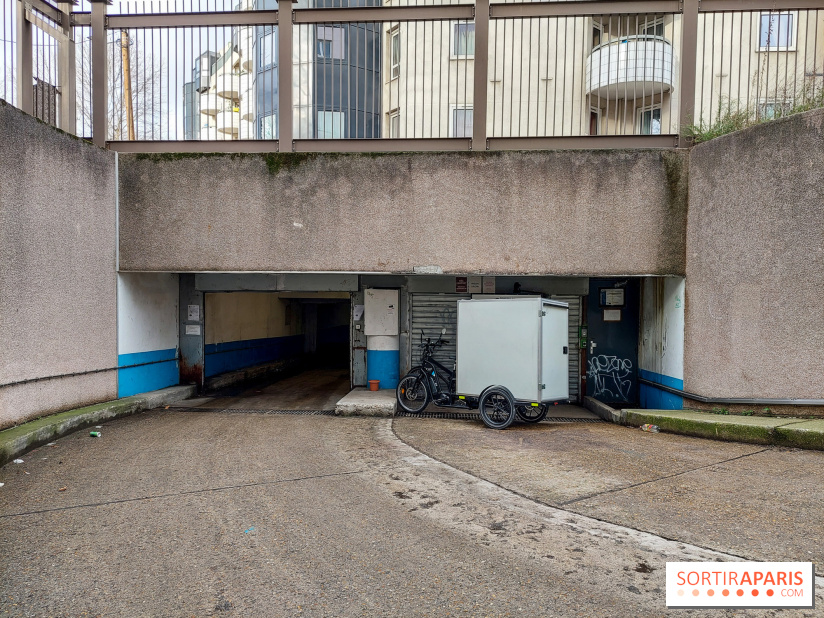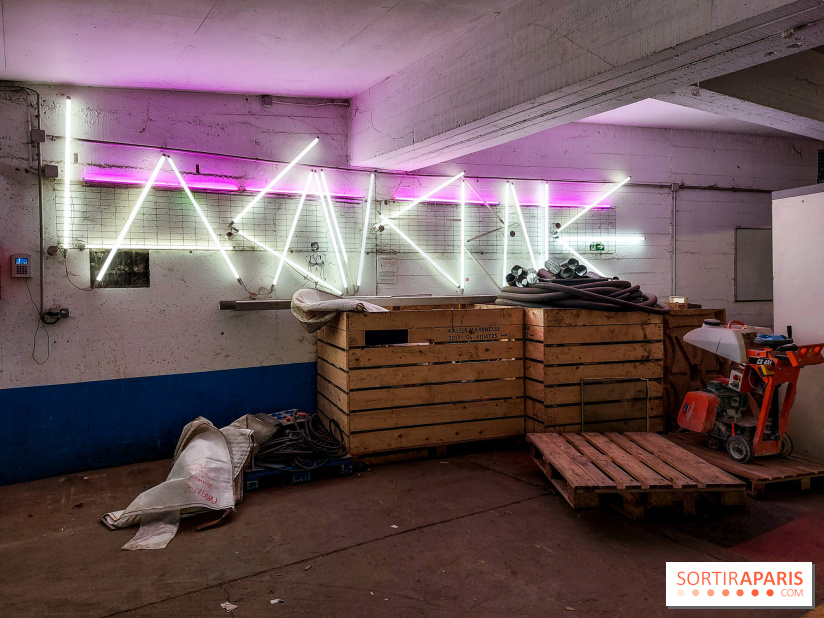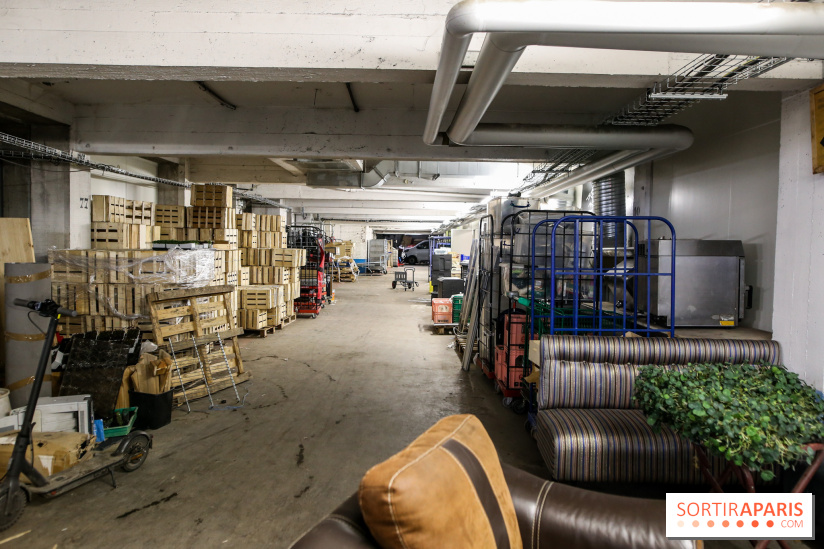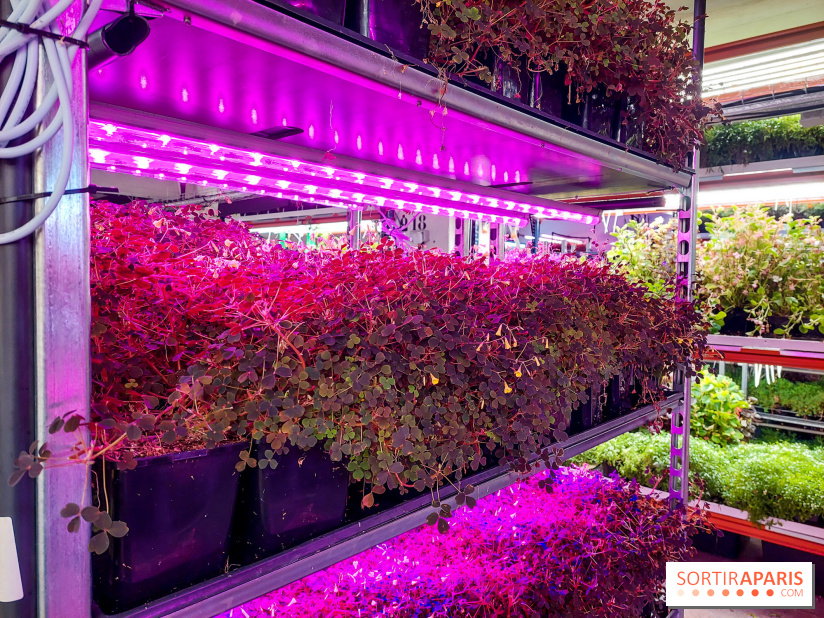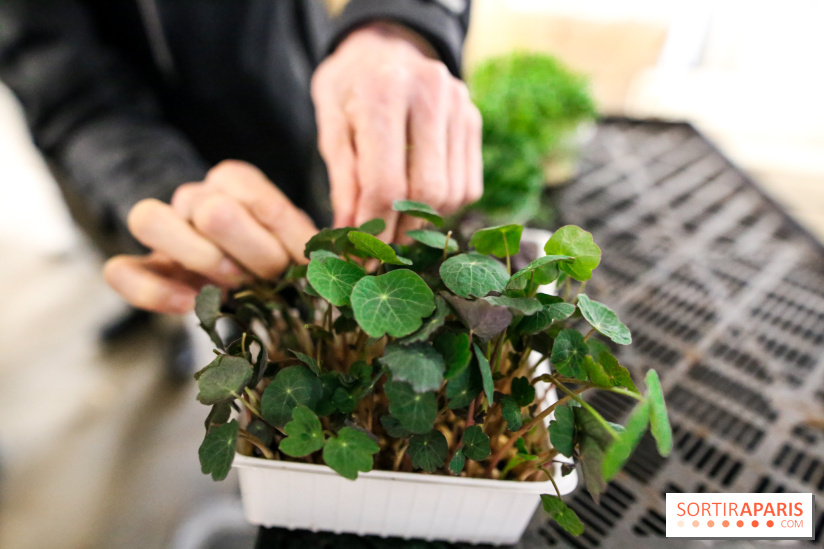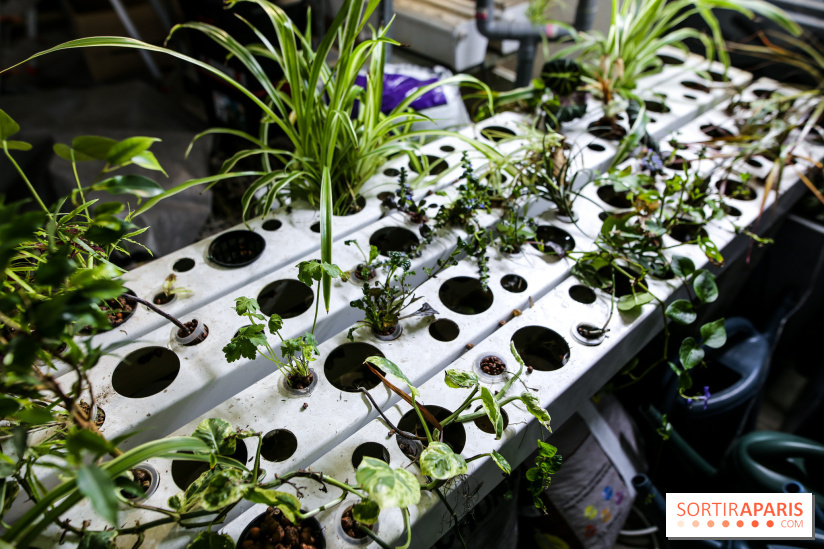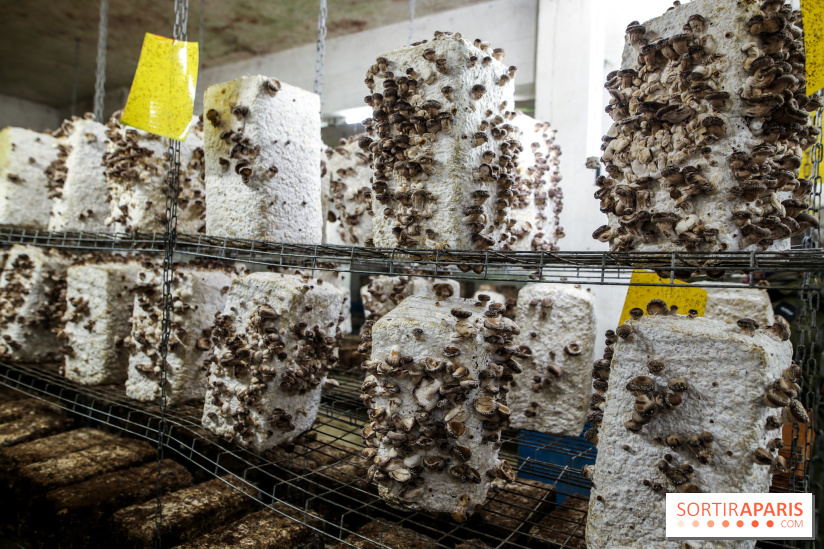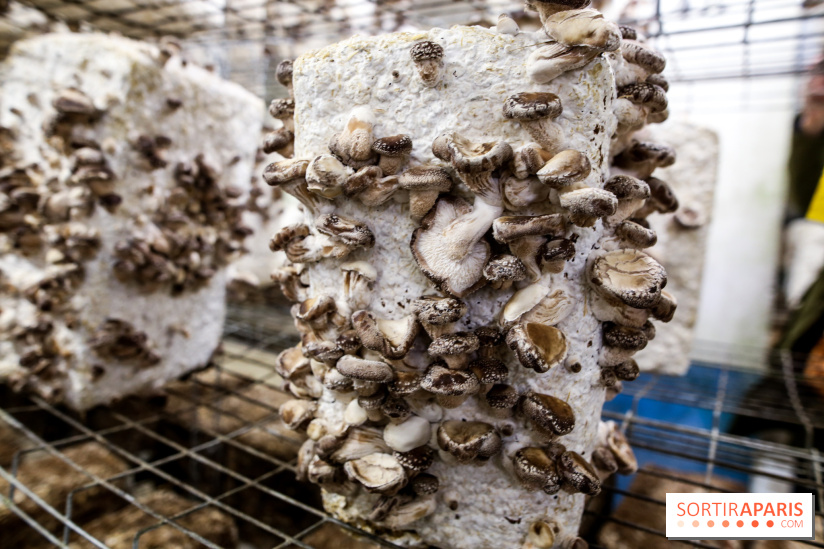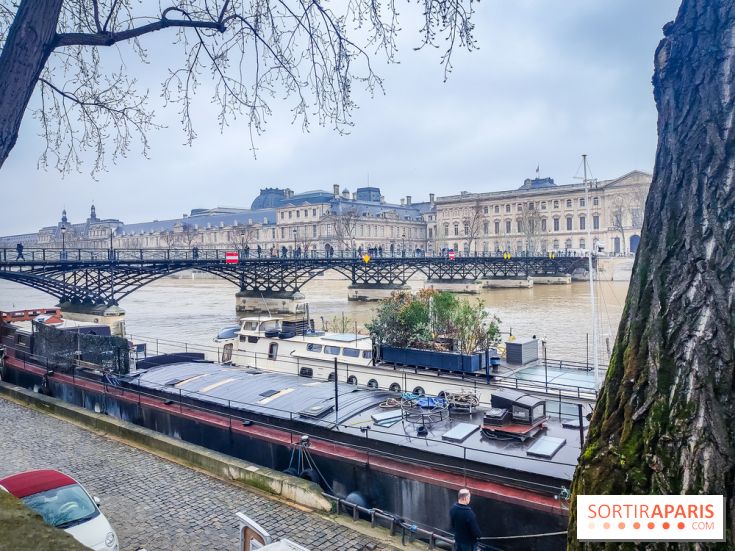While some of the capital's attractions are not to be missed, others are much less well known, but just as well worth discovering. Such is the case of La Caverne, considered the largest organic urban farm in Paris. But unlike most of these urban farms set up outside, or even on the roofs of buildings, La Caverne has the particularity of being invisible. This atypical organic urban farm is hidden away in a former underground parking lot in the capital's 18th arrondissement.
An unusual and unlikely location in Paris, we were able to discover it thanks to the company Interkultur, which offers monthly tours of this urban farm hidden in the capital's underground passages. The meeting point is at 2pm, just outside the Porte de la Chapelle metro station, a district currently undergoing major transformation in the run-up to the Paris Olympic and Paralympic Games.
On this particular day, we're a small group of 10 people, eager to find out exactly where this parking lot, transformed into an urban farm, is hidden. Once we're all together, we walk along the rue de la Chapelle for less than two minutes before finding ourselves in front of a parking ramp for a low-income building dating from the 1970s. We take it.
Vincent, the friendly guide who will accompany us on our tour, tells us all about the history of this 10,000 m² underground facility. Nowadays, as many Parisians are abandoning their cars in favor of public transport or bicycles, many parking lots are becoming vacant. Such is the case of this Porte de la Chapelle parking lot, squatted for a time by drug users. But in 2017, the site was evacuated and, following an agreement with the City of Paris, the Caverne was born in this former underground parking lot, under the impetus of start-up Cycloponics.
To get a better idea of how this huge organic urban farm in Paris works, Vincent takes us further into the neon-lit parking lot. We head straight for the second basement, now entirely occupied by La Caverne. Cars are not allowed on this level. Only pedestrians and cyclists are allowed in.
While a few chairs, salvaged tables and crates are scattered around the parking lot, the Caverne 's name hangs proudly in neon letters on one of the walls.
On this level of the parking lot, the former car boxes have been refurbished and converted into micro-farming plots, home to small short-circuit businesses. Wesh Grow, for example, specializes in the cultivation of micro-pods and herbs, as well as decorative and edible flowers. Very complicated to transport, these micro-pods and flowers are destined for numerous restaurants in the Paris region.
With the temperature in the parking lot at around 8°C that day, we enter two heated rooms. It's in this special environment that the micro-pods and flowers are pampered before reaching maturity. In this cubicle, where humidity reaches almost 75%, the fans are well installed, as are the luminescent LEDs, essential for artificially reconstituting the sun's light spectrum. This surrealistic atmosphere sometimes gives us the impression of being in a futuristic world, and makes us totally forget that we're actually several meters beneath the Parisian asphalt, in an underground parking lot now transformed into an organic urban farm.
Another box, another culture, this time from start-up Aura and the concept of aquaponics. Here, plant roots are soaked in basins overlooking small aquariums where a few small fish swim around. The aquaponics technique combines fish breeding and plant cultivation. It works like a closed-circuit ecosystem.
In concrete terms, aquaponics uses natural bacterial cycles to transform fish waste into nutrients for plants, which in turn purify the water. In this cubicle, where the water flows continuously and the plants are omnipresent, we are overcome by a sense of well-being and would gladly have extended our visit.
As we pass two cats in the parking lot aisles, we make our way to the final cubicle unveiled that day on this tour. On the program? A unique olfactory and visual experience. Once the large doors were opened, we discovered a huge cubicle converted into a mushroom farm. Here, La Caverne grows only shiitake mushrooms, the second most widely consumed mushroom in the world, and oyster mushrooms. And the cultivation, which takes place here on organic straw in the shape of an imposing rectangular brick, is flourishing, as the mushrooms double in size in just 24 hours. "It is therefore necessary to harvest these mushrooms every day," explains Vincent.
What about the world-famous button mushrooms? These are grown in a separate cubicle, impossible to visit that day. But, as Vincent points out, the Caverne is responsible for the reintroduction of button mushroom cultivation in the capital, which had disappeared in the 1930s due to the development of the metro in the Parisian underground.
Improbable, unsuspected and incredibly unusual, La Caverne has succeeded in its challenge of growing micro-foots, flowers, aromatic herbs, plants and mushrooms underground, for use in renowned restaurants. What's more, the Caverne, which claims to be eco-responsible and has its own recycling circuit, also has a social dimension, currently employing around twenty people full-time.
For those who are interested, the Caverne offers a limited selection of products to individuals, available through the Too Good To Go app in the event of oversupply. And if you'd like to discover this original tour (at a cost of 20 euros) of the largest organic urban farm in Paris, then sign up on the Interkultur website!
Location
La Caverne
26 Rue Raymond Queneau
75018 Paris 18
Official website
interkultur.fr
